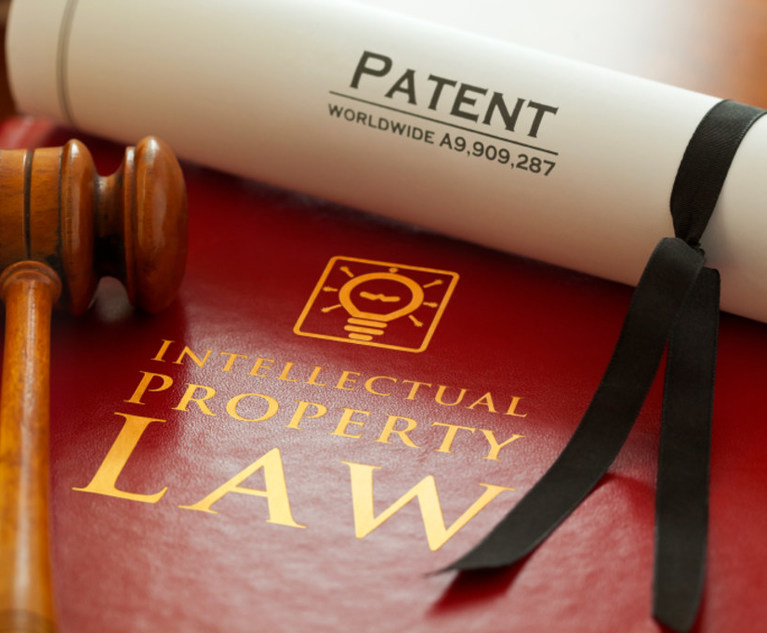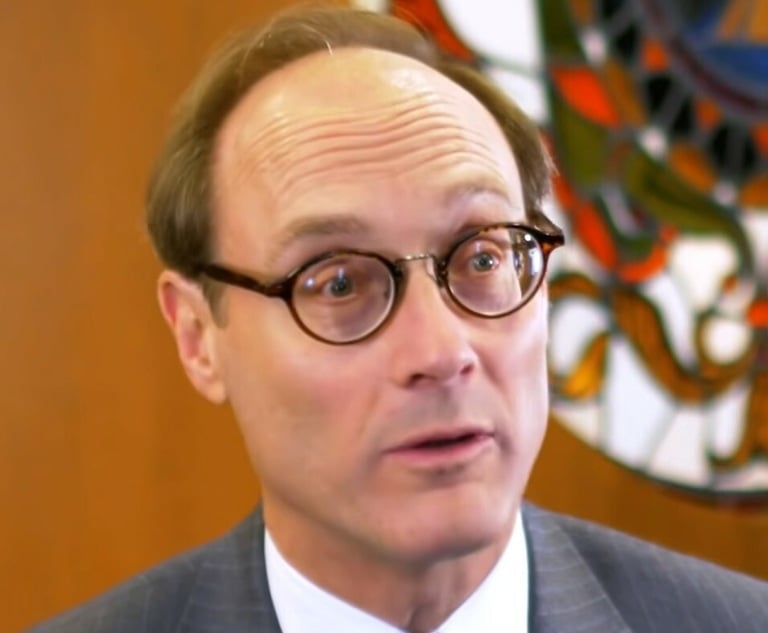In late June, the U.S. Supreme Court denied certiorari in American Axle & Manufacturing v. Neapco Holdings, 939 F.3d 1355 (Fed. Cir. 2019), modified on pet. for reh’g, 967 F.3d 1285 (Fed Cir. 2020). The denial of certiorari lets stand a controversial decision of the U.S. Court of Appeals for the Federal Circuit concerning the law of patent eligibility. The certiorari denial is also significant for another reason: It represents a departure from the deference historically shown by the court to the case-selection recommendations of the U.S. Solicitor General.
The ‘American Axle’ Patent. The patent at issue in American Axle concerned a method for manufacturing a quieter automobile driveshaft. A driveshaft is a component of an automobile that transmits power from the engine to the axles and wheels. Because they are commonly made of thin-walled metal, driveshafts are susceptible to unwanted vibration and thus often produce unwanted noise. American Axle obtained a patent disclosing the insertion of a liner into the driveshaft and, in claim 22 of the patent, the subsequent “tuning” of that liner to produce frequencies that dampen vibration and reduce noise accordingly.







